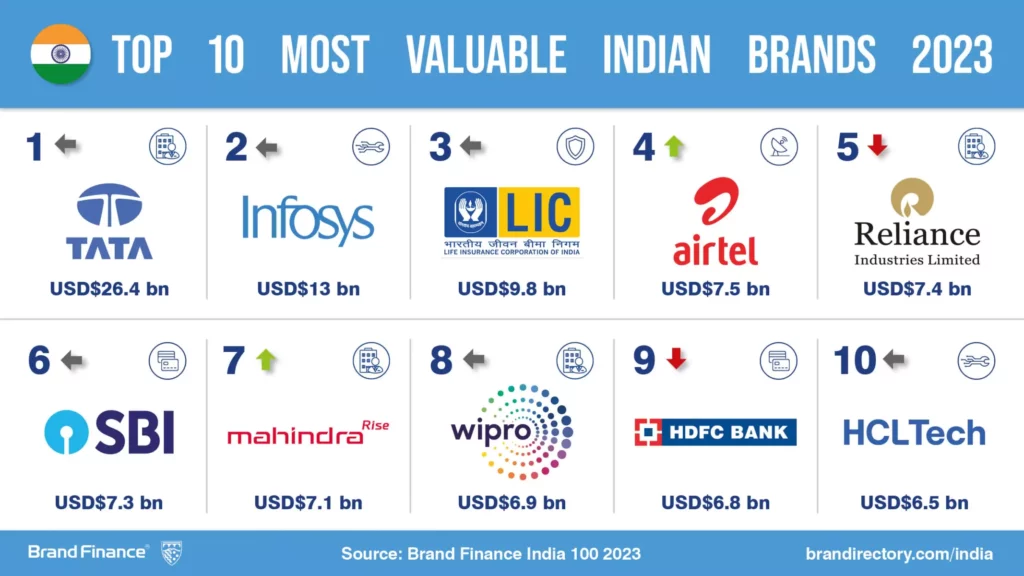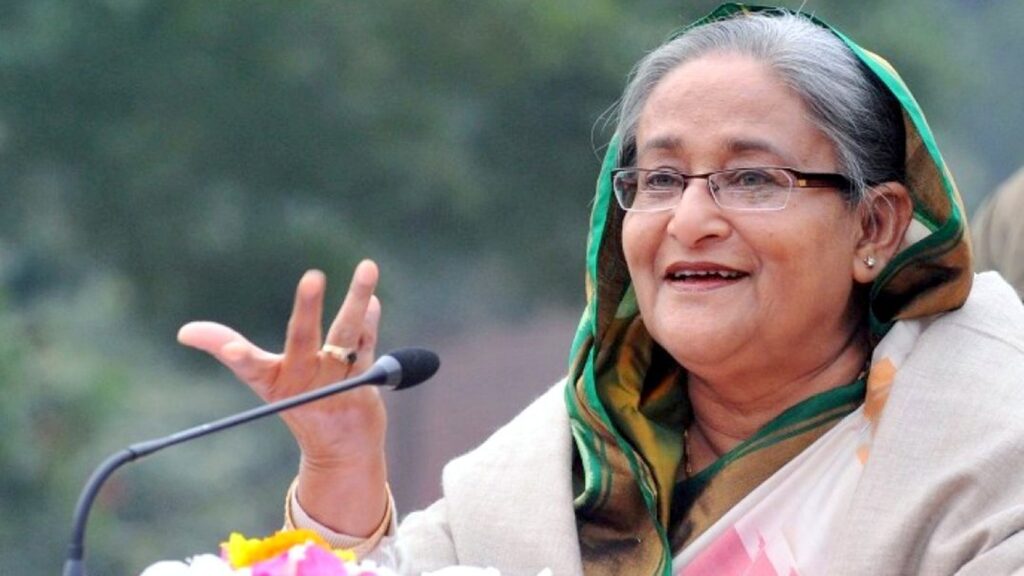Opponents of Bangladesh’s Awami League, disheartened by the overwhelming victory of the Sheikh Hasina-led party in recent elections, are advocating for a boycott of goods manufactured in neighboring India, suspecting its covert involvement in sustaining Hasina’s regime.
Despite lacking evidence to substantiate allegations of Indian interference in the election, these opposition groups, both within and outside Bangladesh, harbor suspicions that New Delhi has wielded its influence to mitigate criticism of the electoral process by international entities such as the United States.
Beyond the immediate electoral context, the boycott initiative has become a focal point for longstanding grievances against India in Bangladesh, fueled by border disputes, water management issues, and perceptions of condescension from India’s Hindu nationalist government towards its Muslim-majority neighbor.
Dubbed as “India Out,” the campaign is primarily propagated through social media channels, with hashtags like #IndiaOut, #BoycottIndia, and #BoycottIndianProducts gaining traction on platforms like Facebook in recent weeks. Following the campaign’s launch, reports emerged from Dhaka and Chittagong indicating a decline in sales of certain Indian goods such as cooking oil, processed foods, toiletries, cosmetics, and clothing at some local shops. However, Indian traders and vendors, speaking to VOA’s Bangla Service, have reported minimal impact on their businesses.
Pinaki Bhattacharya, a Bangladeshi activist based in France and a key figure behind the campaign, alleges that since the 2014 general election, the Awami League has secured victory in three “farcical” elections with support from India.
“This time, the global community anticipated a genuinely free and fair general election in Bangladesh. However, the election held on January 7 fell short of meeting these expectations. There’s a widespread belief that the Bangladesh authorities orchestrated this flawed election with covert and overt backing from India,” Bhattacharya informed VOA.
The Bangladesh Nationalist Party, the country’s largest opposition party, boycotted the election after the Awami League declined to establish a neutral caretaker government to oversee the electoral process. With its absence from the ballot, the ruling party found itself without any substantive opposition.”
- Bangladeshis launch ‘India Out’ campaign over alleged meddling linked to Hasina South China Morning Post
- ‘India Out’ Campaign Gains Traction in Bangladesh Voice of America – VOA News



